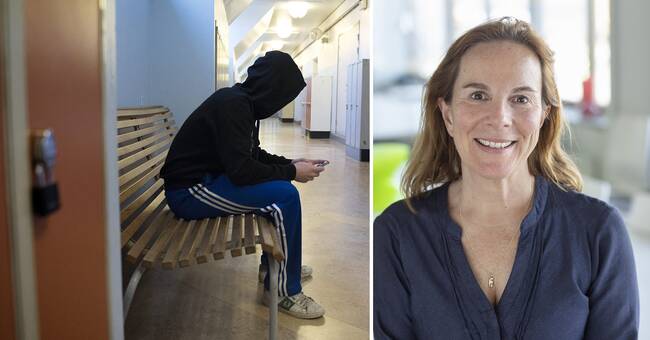In the clip, chief physician MaiBritt Giacobini talks about the consequences of a missed diagnosis and what the differences are due to.
SVT has produced the National Board of Health and Welfare's figures for all children with ADHD who were born 1989-2011.
They show that ADHD is diagnosed half as often in children with two foreign-born parents as in children with parents born in Sweden.
- The study shows that there is a clear difference, says Peter Salmi investigator in psychiatry at the National Board of Health and Welfare.
The results of the study look the same in particularly vulnerable areas, as in other parts of the country.
Since the parents must approve that the child be investigated for ADHD, their attitude is absolutely crucial.
"Like Sweden in the 80s and 90s"
Chief physician MaiBritt Giacobini, a specialist in child and adolescent psychiatry, has several years of experience working with children and young people in particularly vulnerable areas in Stockholm.
- What I see today is about as it was among Swedish-born parents in the 80s and 90s, she says.
"Clear difference"
The National Board of Health and Welfare's figures are from 2018 and will be updated in the spring.
Investigator Peter Salmi believes that they will continue to look the same.
- These are not connections that change overnight.
It is very clear that there is a big difference here.
Our interpretation is that these children do not come for investigation, get a diagnosis and possibly get the medicine they need.
Untreated ADHD can pose a risk of, for example, suicide, substance abuse and difficulties in completing an education, says Peter Salmi.

